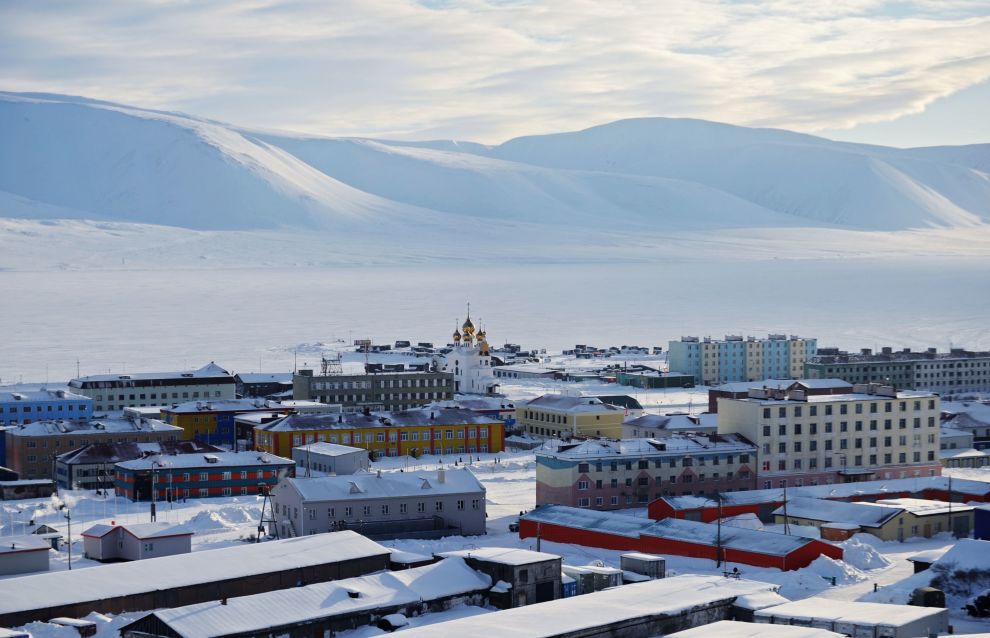Strategy for Developing Russian Arctic Zone to be extended until 2050
A comprehensive project stipulating the joint development of the macro-region and the Trans-Arctic Transport Corridor should become a tool for implementing the Strategy for Developing the Russian Arctic Zone until 2050, according to Murmansk Region Governor Andrei Chibis, Chair of the Russian State Council Commission for the Northern Sea Route and the Arctic.
The Commission members met to discuss proposals for finalizing the updated version of the Strategy for Developing the Russian Arctic Zone and Ensuring National Security until 2050.
“We are discussing the short-term development of the Russian Arctic until 2050, to say the least. The strategy should be drafted down to the smallest detail and should feature various approaches for addressing a wide range of issues. A comprehensive project stipulating the joint development of the Arctic and the Trans-Arctic Transport Corridor should become a tool for implementing the updated strategy,” Andrei Chibis noted.
The governor added that the updated strategy served as a foundation that would be revised in line with proposals from commission members and its expert council. It is important that the key strategic document for the development of the Arctic should meet current challenges, primarily economic and geopolitical challenges. It should also reflect the real situation in the context of foreign policy changes. The document should be implemented over a period of 25 years, as required by the specifics of the macro-region’s infrastructure development.
Minister for the Development of the Russian Far East and Arctic Alexei Chekunkov also noted that the logic for governing the Arctic zone hinged on a systematic approach and key priorities reflecting Russia’s long-term interests in this macro-region.
“This includes the rational development of the natural resource base and in-depth processing facilities in accordance with environmental standards, rapid development of the Northern Sea Route as an international transport corridor that has global significance, the renovation of core communities, efforts to protect the pristine environment of small indigenous nations of the North and their traditional lifestyle, as well as environmental security and adapting to climate changes,” the Minister for the Development of the Russian Far East and Arctic said in conclusion.
